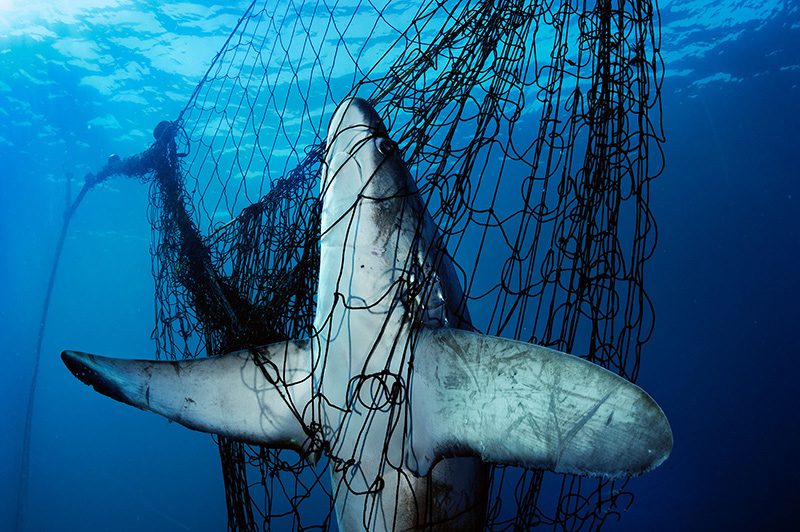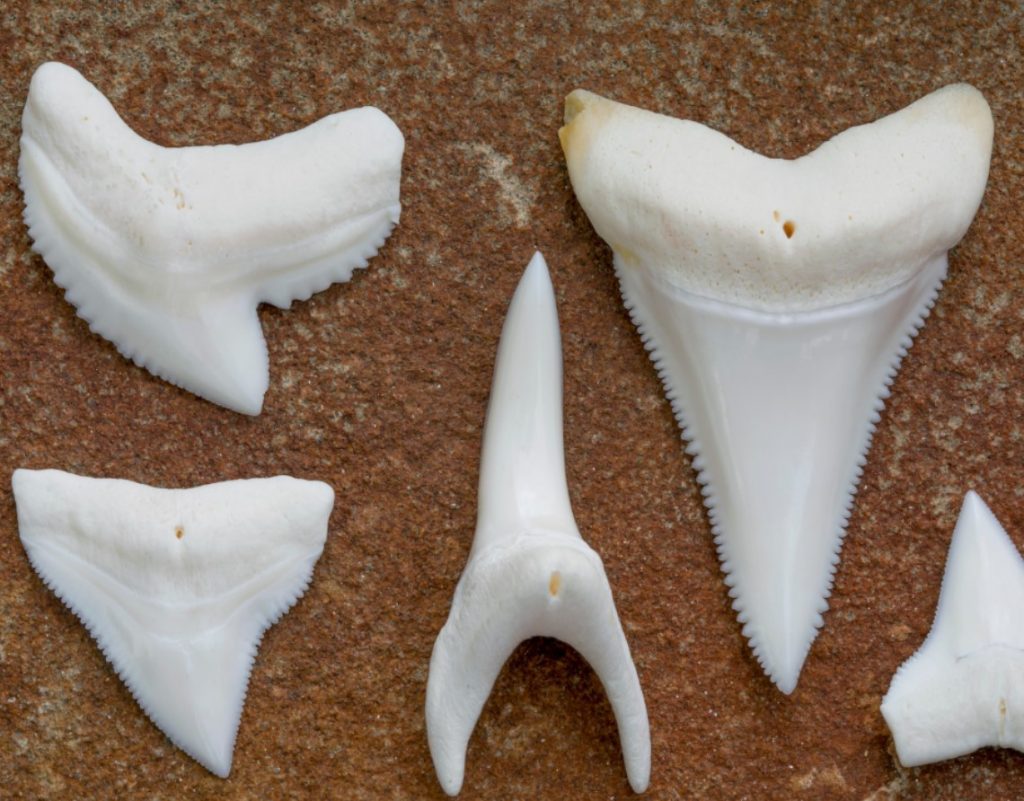“Dangerous, blood thirsty, sharp-toothed apex predator of the sea…” While reading this description, did your mind immediately conjure the image of a shark?
Studies conducted in various parts of the world have found that there is a shared apprehension among people towards sharks. While some might dismiss it as a trivial fear, galeophobia (fear of sharks) can profoundly influence people’s behaviors – such as swimming preferences and recreational activities in and around the ocean -, or indirectly lead to overfishing, as people are less likely to want to protect an animal they are afraid of. Despite this prevalent fear, historical and cultural perspectives on sharks vary widely. For example, in some indigenous cultures, sharks are revered as sacred creatures, symbolizing strength and protection, and even a spiritual connection to their ancestors. Unfortunately, in the Western culture, Hollywood continues to exploit the widespread galeophobia among the public, as seen in blockbusters like “47 Meters Down” (1 & 2), “The Meg” (1 & 2), and “Sharknado”, which capitalize on the public’s fear of these iconic creatures. Moreover, the sensationalized portrayal of sharks in news and television perpetuates the perception of sharks as “mindless eating machines”, but the real truth is that sharks have a very complex reality and still face an extreme PR crisis.

When did everything start?
In the summer of 1916, a series of shark attacks occurred along the coast of New Jersey, leaving four people dead and one seriously injured. Garnering substantial media attention, these attacks became known as the “12 Days of Terror” and inspired Peter Benchley’s best-selling 1974 novel Jaws. In 1975, Steven Speilberg adapted Jaws into the international blockbuster movie we know today. Since then, the perception of sharks as menacing predators has been deeply rooted in the collective public psyche.
Interestingly, before Jaws, sharks were generally regarded as harmless creatures and, due to their lack of commercial value in the West, sharks were severely understudied in science, with little funding awarded towards shark research. Post-Jaws, however, people’s perception of sharks shifted, and the previously harmlessly-regarded ocean dwellers became known as the powerful beasts portrayed today. This fear led to a huge increase in shark fishing, and many populations of sharks plummeted after the release of Jaws. While fear became the primary narrative surrounding sharks, it was accompanied by a small happy consequence: It also inspired an uptick in shark research, and many shark scientists will tell you that the movie was a huge influence on their decision to study these animals.
Luckily, despite their unfavorable reputation, the world has become more sympathetic towards sharks. In 2017, the Pew Research Center surveyed people from 20 countries across six continents about their attitudes towards sharks and marine conservation. This study found that, while there is still widespread fear of sharks in many parts of the world, there is also significant support for their protection and conservation. Across the countries surveyed, a majority of respondents expressed concern about the decline of shark populations and supported measures to protect them.

CC: Bryan Skerry
Beyond Jaws: The True Horror of Human Impact on Sharks
In reality, humans are much more dangerous to sharks than they are to us. Humans have a one in 4.3 million chance of being killed by a shark; we are much more likely to be struck by lightning, killed by a bee sting or succumb to a fatal slip. In contrast, it is estimated that humans kill between 30 to 100 million sharks every year.
In 2021, a research found that of the 536 species of shark assessed, 35.9% are currently threatened with extinction. Sharks face threats from numerous anthropogenic activities, including overfishing, habitat degradation and loss, pollution, climate change, and irresponsible tourism.
While many shark fatalities due to fishing occur as accidental bycatch, sharks are also fished for their meat and fins, liver oil, cartilage, and skin. It is estimated that 1.5 million tonnes of sharks & rays are captured annually.
Shark habitats, including mangroves, seagrass beds, and coral reefs, have endured significant harm from both direct and indirect human activities. The clearing of mangrove forests and seagrass meadows for purposes such as housing development and aquaculture plays a substantial role in the decline of shark populations. These areas often serve as crucial nurseries for young sharks and rays, offering vital sustenance and refuge. The degradation of these essential habitats markedly reduces the survival of these juvenile predators.
Sharks are also especially susceptible to pollutants. Carnivorous species do not only absorb pollutants from the environment around them but from their prey as well, leading to the rapid accumulation of toxins in their bodies. Planktivorous species, such as whale sharks and basking sharks, do not fare much better, regularly ingesting microplastics as they feed.
Climate change also threatens sharks, changing migration patterns and population distributions. Most sharks are cold blooded, meaning that their whereabouts are dependent on the temperature of the water. Due to warming waters, sharks are able to migrate further polewards and are being spotted in waters and along coasts where they have not historically been seen.

CC: Bryan Skerry
How Can You Help?
It is imperative that we shift the prevailing narrative surrounding sharks. Despite their critical ecological roles and diverse characteristics, the persistently negative perception of these creatures poses a significant obstacle to advancing shark conservation and research efforts. Sharks, which range in shapes and sizes, play vital roles in maintaining the balance of their ecosystems. By following reputable educational programs and knowledgeable scientists, we have the opportunity to foster informed narratives and dispel harmful, fear-mongering stereotypes that shroud sharks. Through this collective effort, we can cultivate a deeper appreciation for these magnificent beings and galvanize support for their conservation. Sharks embody beauty and diversity, as well as cultural and ecological importance, underscoring the urgent need for our concerted efforts to ensure their survival in our oceans.



